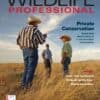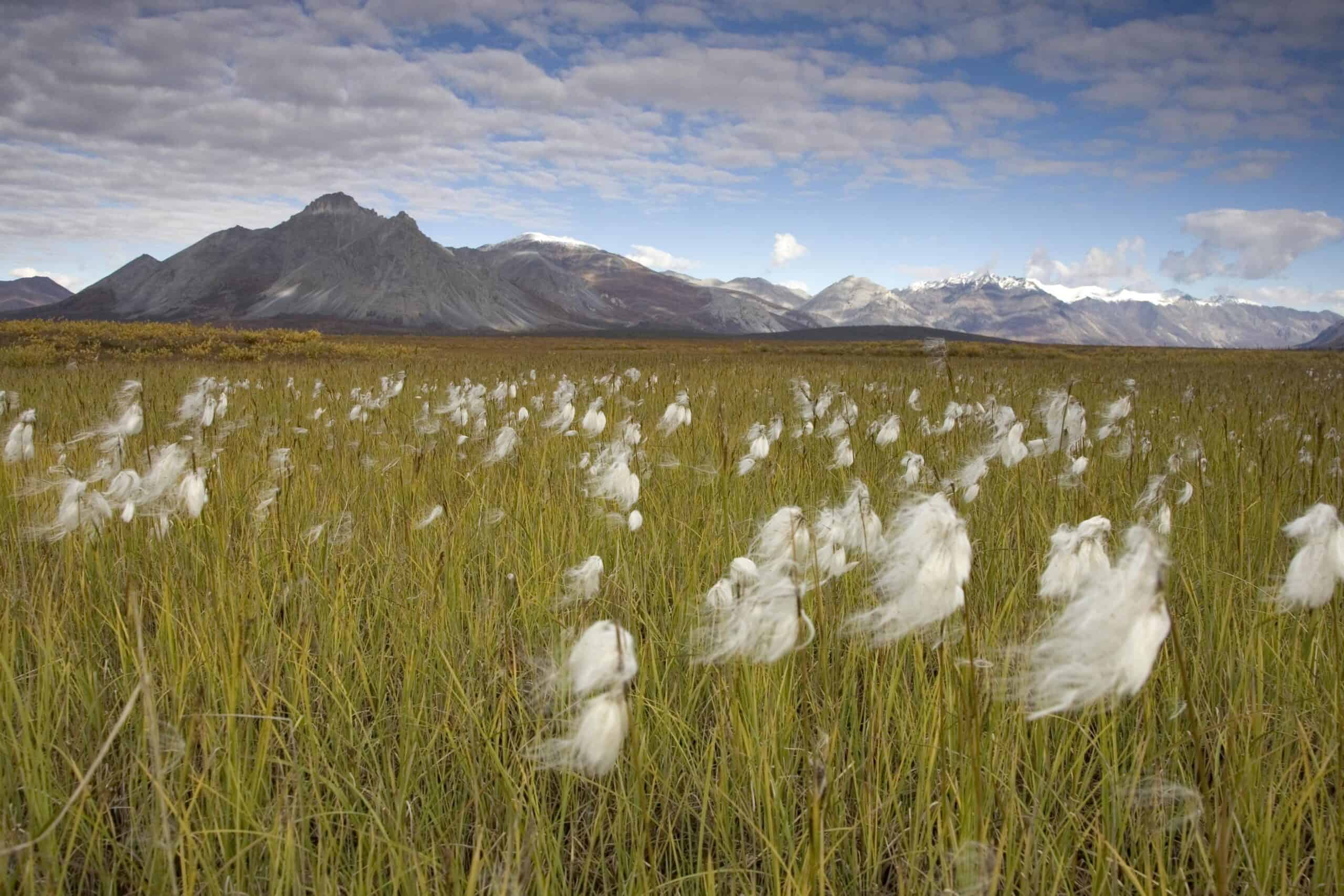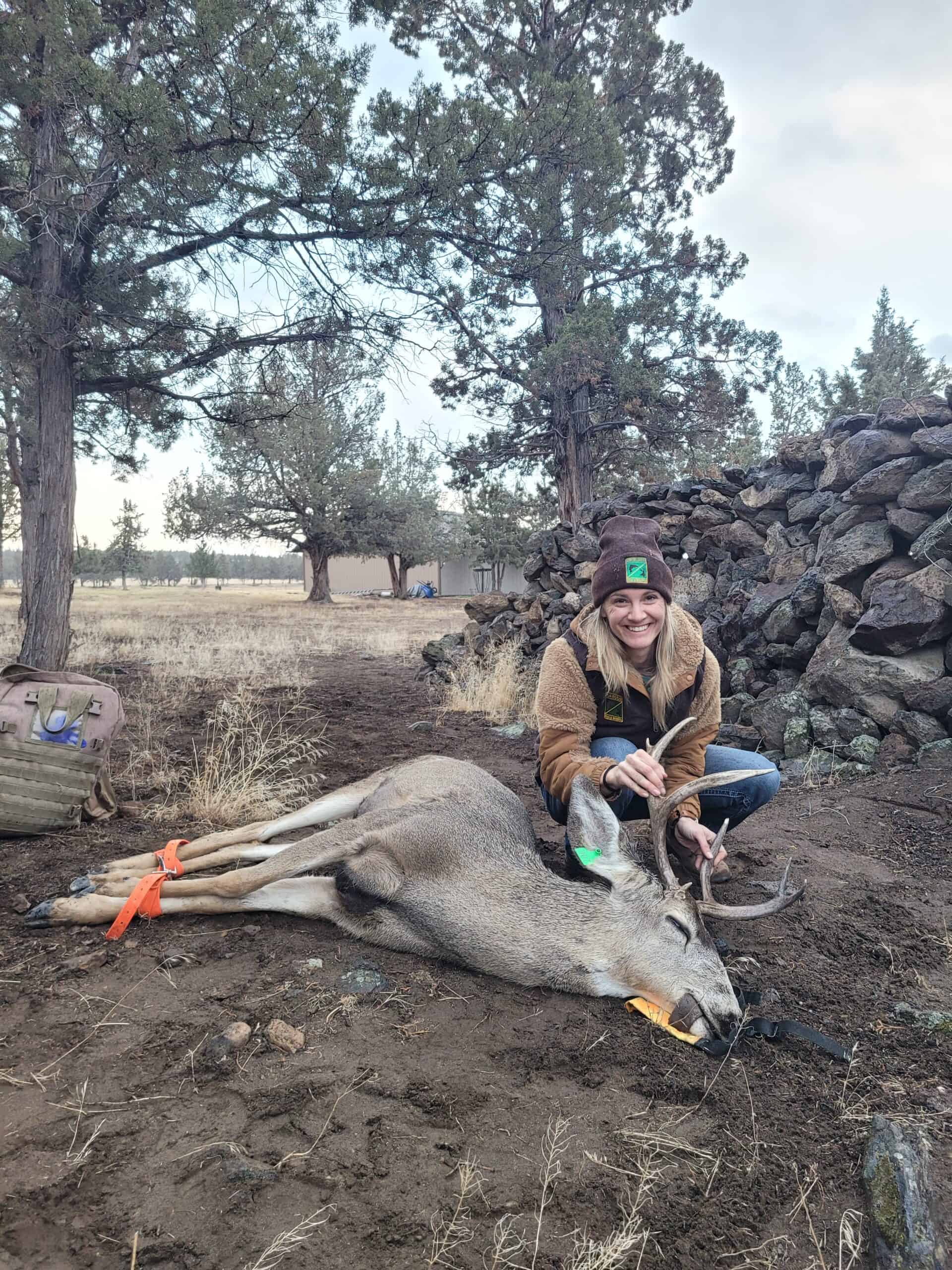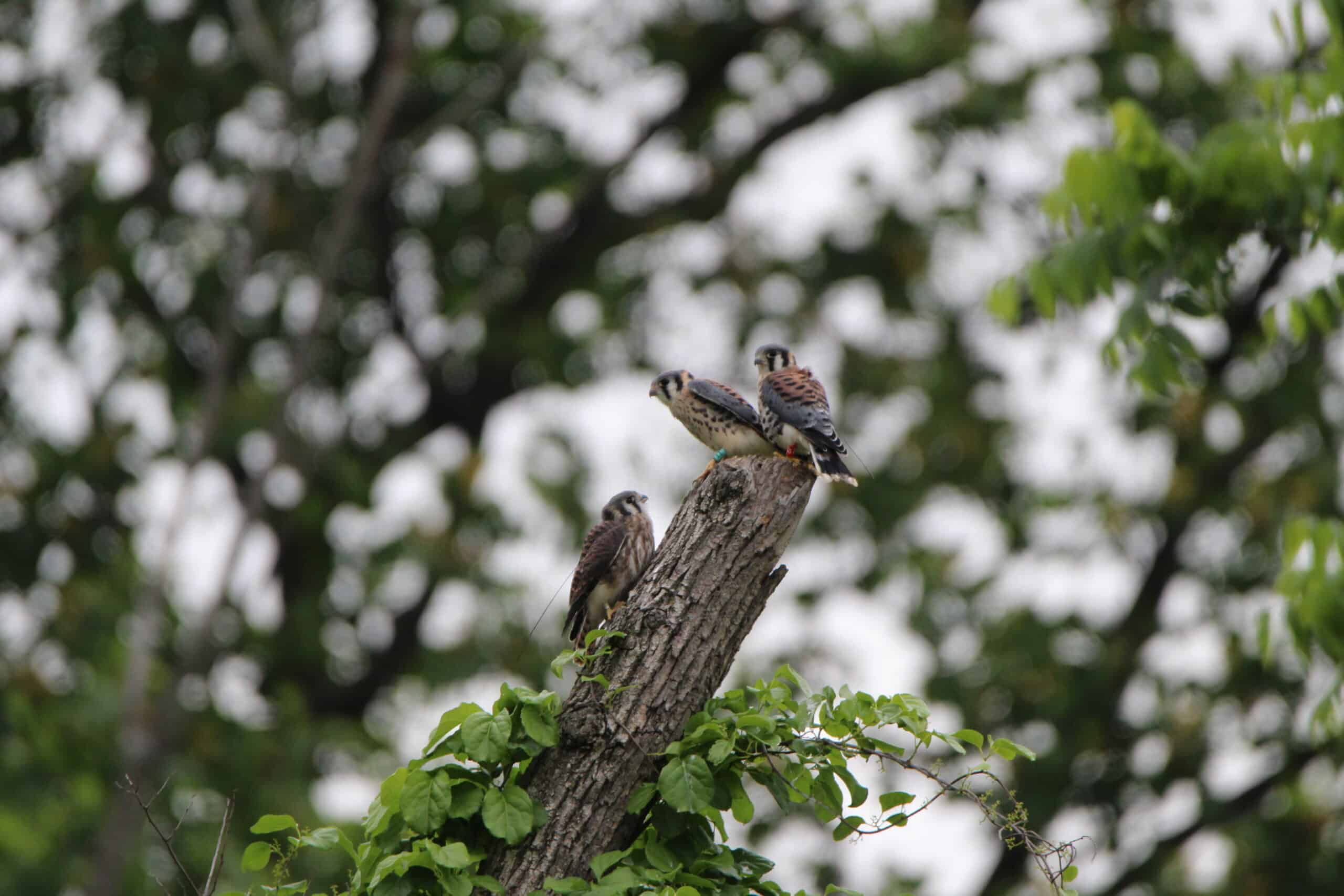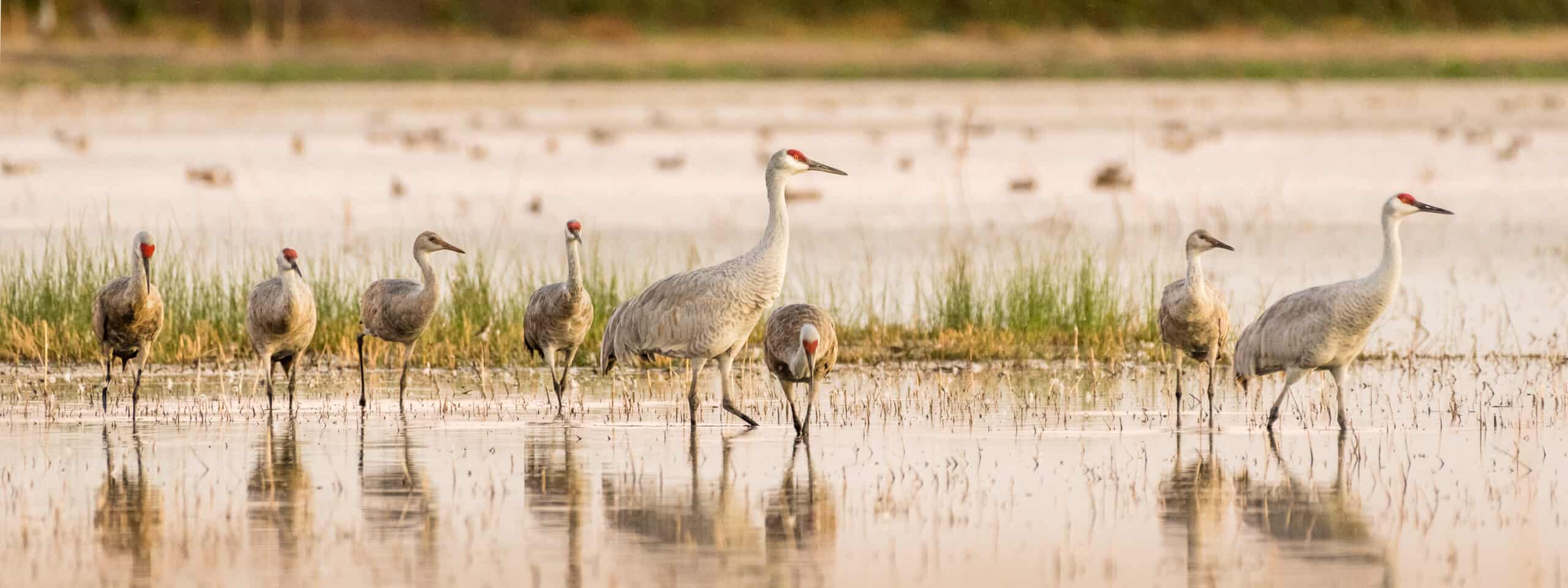
WSB: Photographs can help track sandhill harvest trends
Wildlife managers developed a new tool to help track population data in game birds
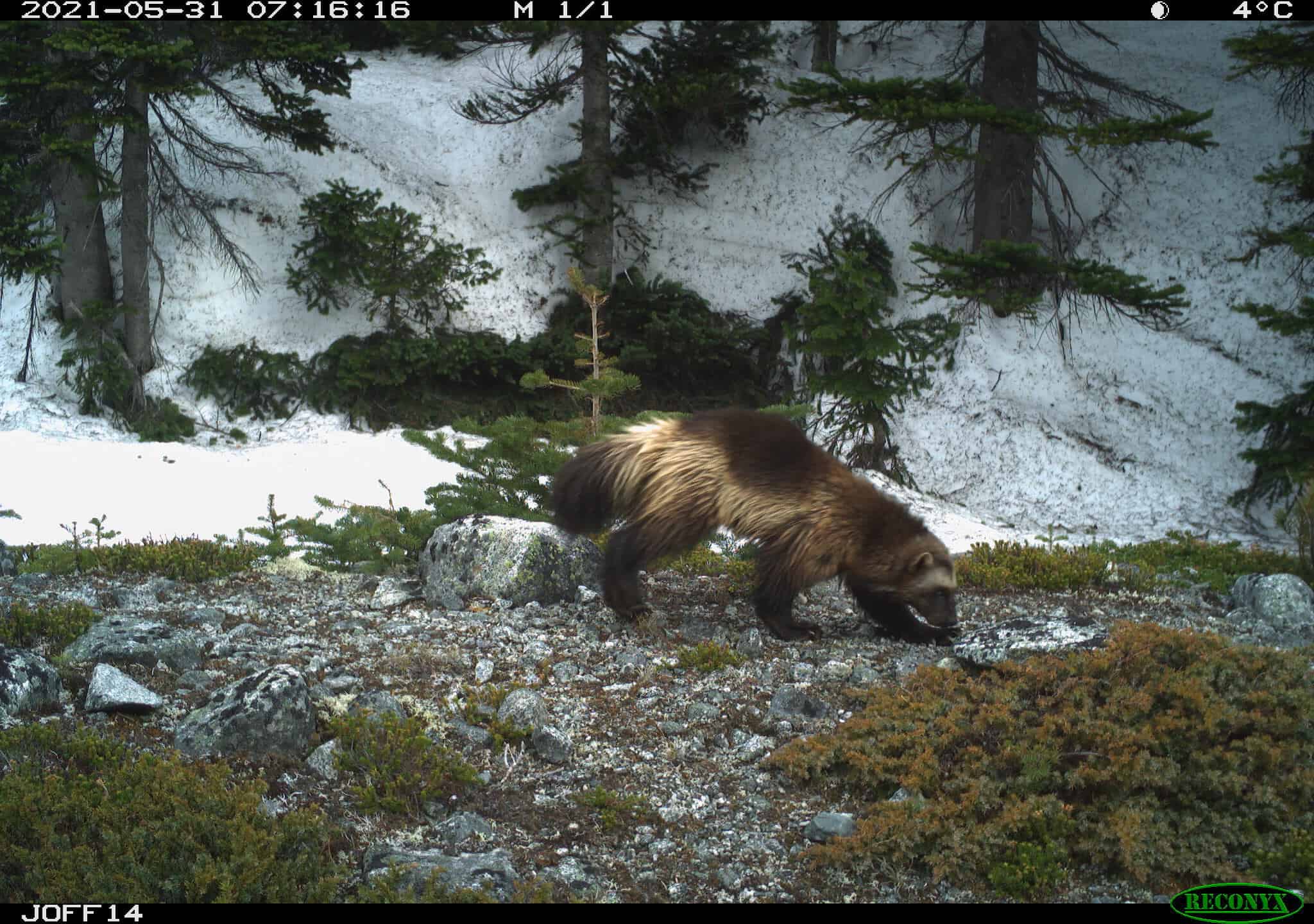
Study during COVID lockdowns shows diverse wildlife reactions to people
Meat eaters and plant eaters, urban and rural wildlife, respond differently
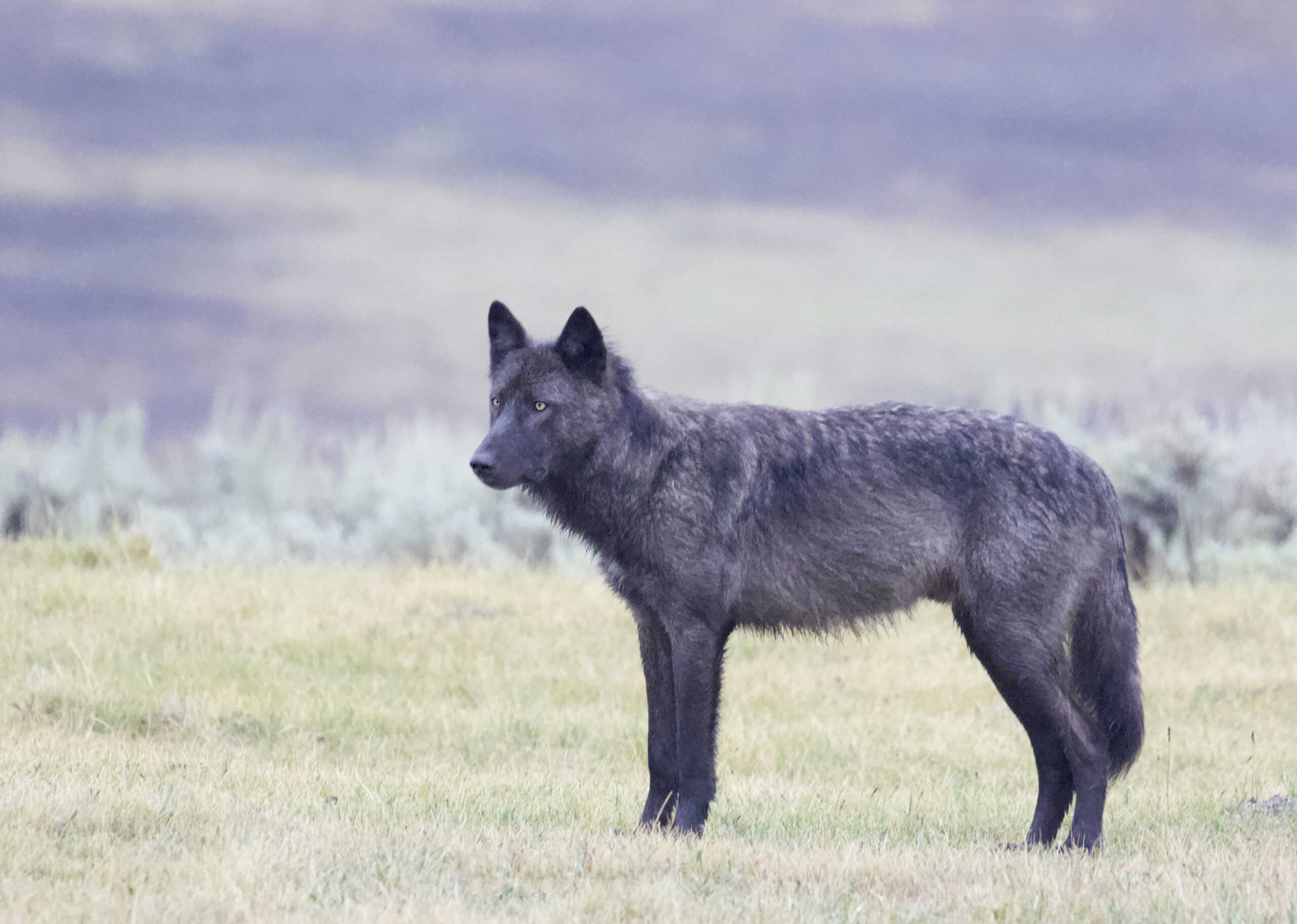
Apex predators don’t restore wetland willows
Reintroducing wolves didn’t result in a rapid recovery of willows in Yellowstone


Researchers spot hoary bat over proposed wind energy area
It’s the first known hoary bat sighting over the open sea
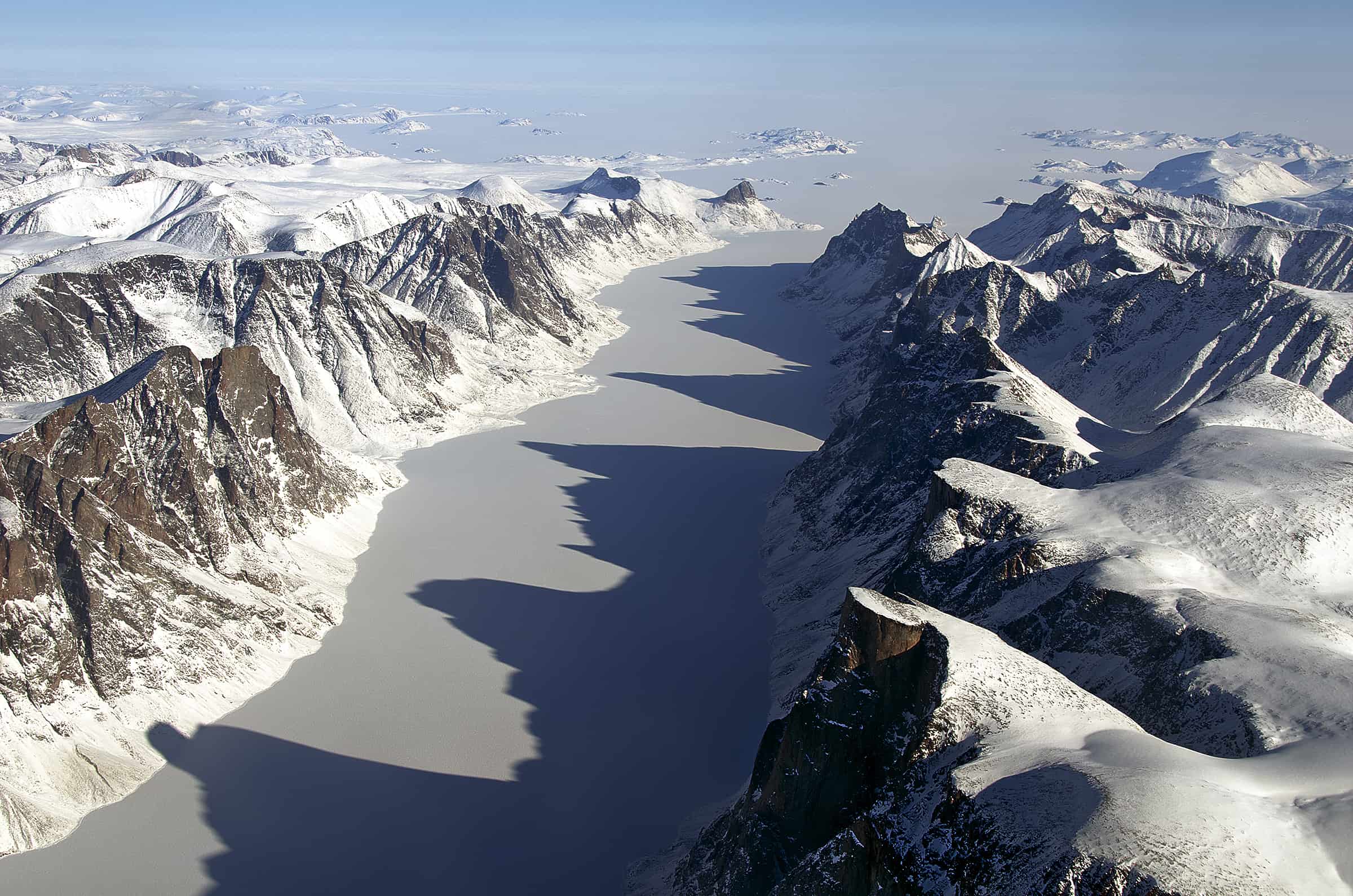
Researchers to reassess Baffin Island caribou
The last census showed a dramatic population decline
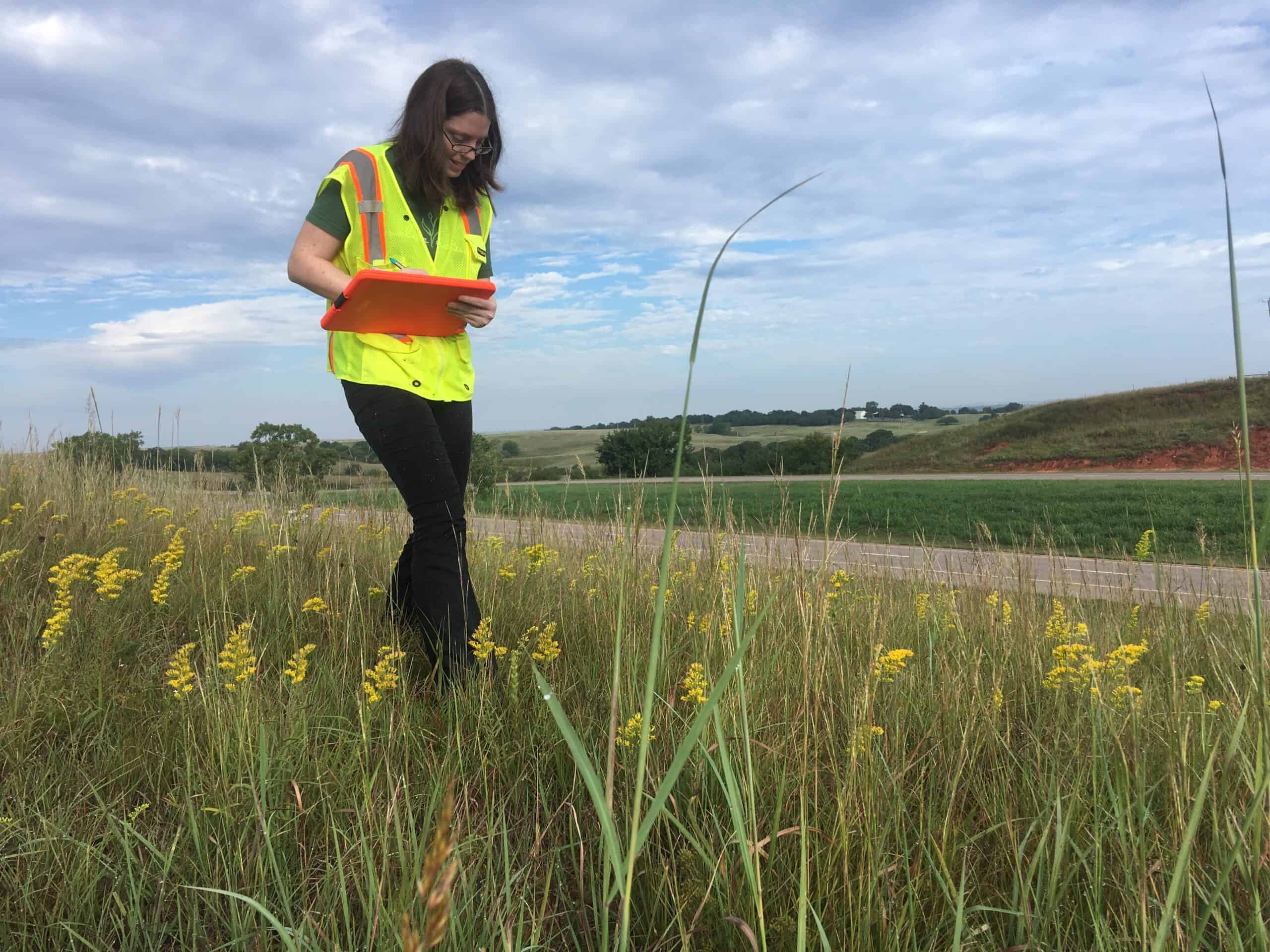
Wildlife Vocalizations: Emily Geest
Geest discusses how the power of nature helped her overcome adversity and inspired her to become a wildlife professional

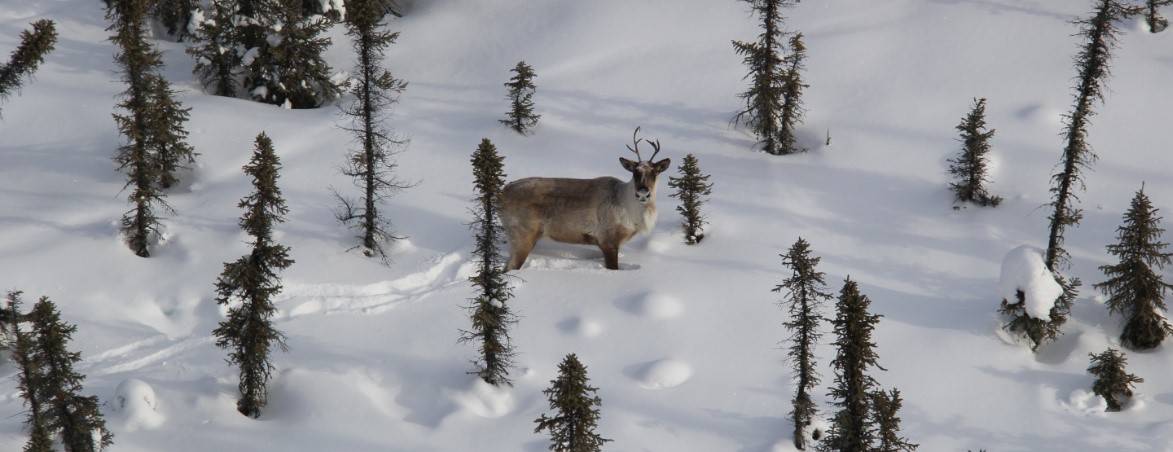
TWS 2023: Roads change caribou movement in Northwest Territories
Researcher tracked how the ungulates moved before, during and after construction in Northwest Territories
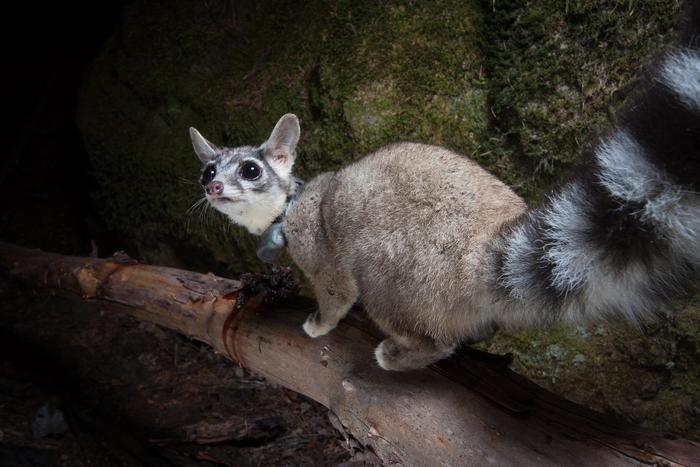
Shedding light on the cryptic ringtail
A study on the Hoopa Valley Reservation has revealed some of the mammal’s secrets
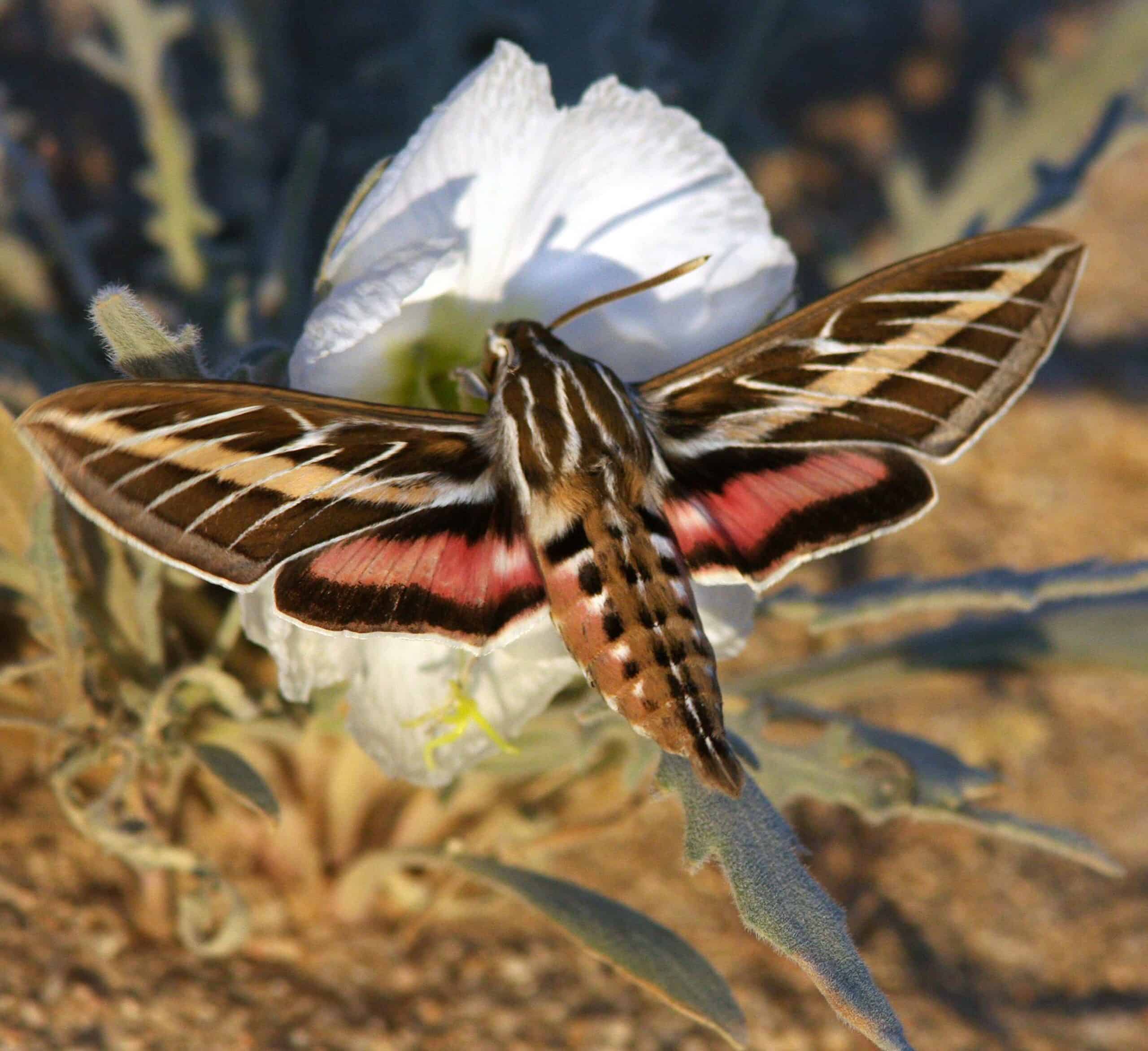
Chemical pollution interferes with pollinator work
Fossil fuel chemicals may affect pollination at night

